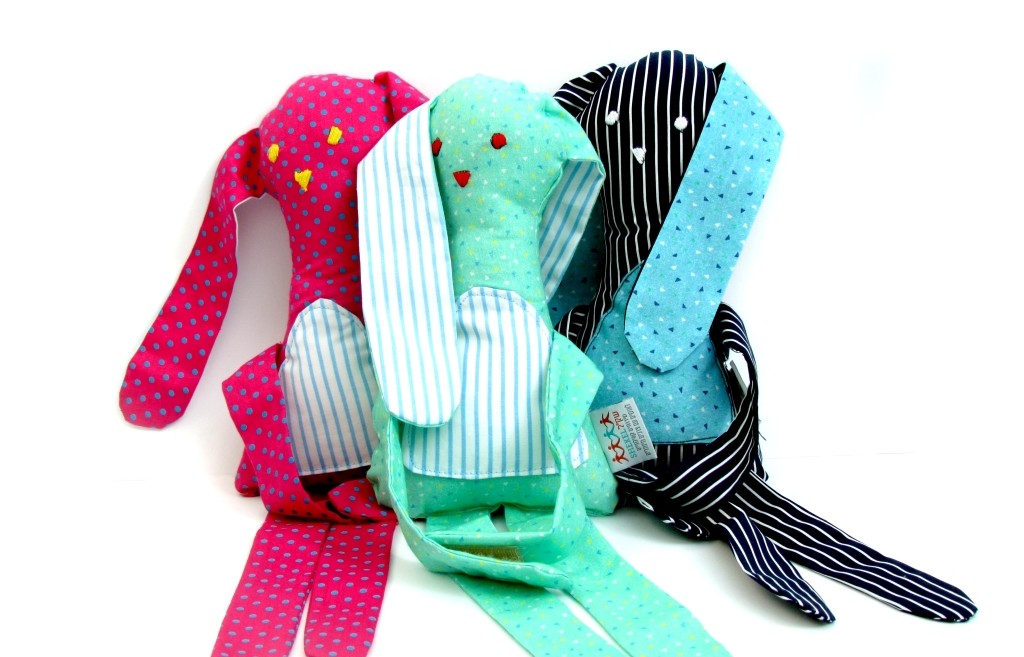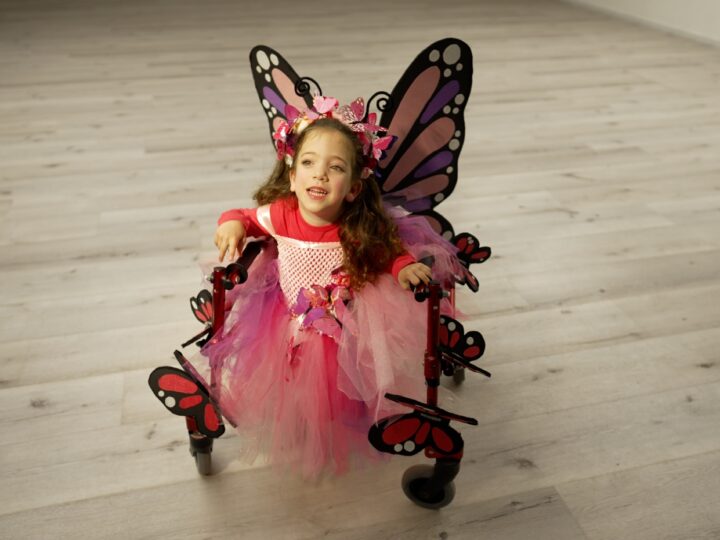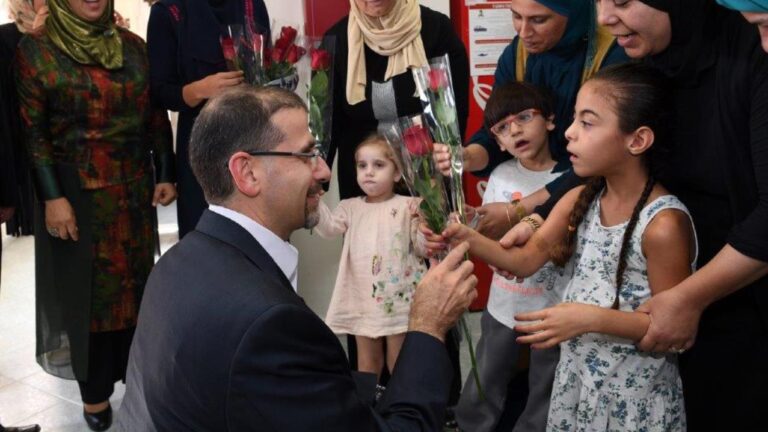If you’re going to shop online, would you prefer to buy a product from a random factory or buy a similar item that will have a social impact on society?
Yuval Arbel, a 39-year-old production and operations manager, believes many people would prefer the second option if it were available. That’s why he recently started Buy for Good.
Everything on the Buy for Good online marketplace, which went live in November last year, is produced in vocational training centers operated by nonprofits that offer rehabilitation and employment opportunities for people with disabilities and from underprivileged communities.
“The idea is to help nonprofits with rehabilitation centers to sell more products,” Arbel tells ISRAEL21c.”Today there are a lot of these kinds of centers around Israel but they are mostly relegated to selling products before Passover or around the High Holidays. My idea is that in an era where every small Chinese factory can go online and sell to people all over the world, why are Israeli NGOs still limited to selling at special stands prior to holidays? Why not sell all year directly to consumers?”
Arbel recently completed Acceleration Inclusion in Israel (A3i) in Ra’anana, described as “the first leading assistive technology accelerator worldwide.”
A3i, dedicated to ventures that improve quality of life for people with disabilities, is supported by PresenTense, Beit Issie Shapiro, The Ruderman Family Foundation and The Jewish Federation of Greater Los Angeles.
The online shop includes products made by people from the Enosh – Israeli Mental Health Association, Almaz, AKIM, Dror-Beit Ha’Yotzer and Derech Haomanut. Arbel says he’s in talks to add others every day to expand the product mix.
The products include challah covers handmade by Ethiopian-Jewish women ($24), ceramic hanukkiot handmade by people with psychiatric disabilities ($20), Christmas soaps made by people suffering from cognitive disabilities ($6); and hand-sewn stuffed bunnies produced by workers with mental disabilities ($15).

“The potential for these products is huge. Right now these facilities … don’t know about the potential markets like baby showers, birthdays or Easter parties,” says Arbel, who has an MBA and has worked with international companies in marketing and production.
“These organizations can make beautiful products; there is a potential. You just have to look and see it.”
According to a recent Nielsen global survey, consumer opinion toward socially responsible companies is on the rise.
Chain reaction of good
“I feel that buying and using social-impact products can change people’s attitude and perception toward people with disability and will allow more people to see them as a contributing productive part of society,” Arbel says.
Fueled by that sentiment, and the knowledge that many people would like to support Israel in some way, Arbel believes his one-man startup will set off a chain reaction of good.
“We believe that once there will be a demand in the market for social-impact products made in Israel it will push these organizations to produce more, develop more employment opportunities and establish new revenue channels,” says Arbel.
“We believe that people would prefer to buy a social-impact product, a product that has a positive effect for the society, like products made by people with disability, if it will be accessible and easy to purchase.”
While no one in Arbel’s family is disabled, his mom is a physical therapist for kids with special needs.
He says he has “always had a soft heart. I was looking to do something that was more about the bottom line. I want to come home in the evening and feel satisfied that I did some good in the world. That’s what I’m trying to do right now.”















